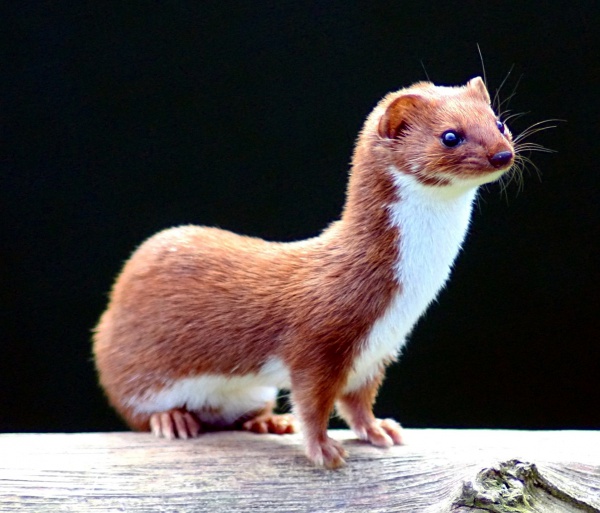Facts About Weasel
Weasels are fascinating small creatures that belong to the genus *Mustela*, part of the Mustelidae family. This group includes a variety of species such as least weasels, polecats, stoats, ferrets, and minks. Known for their sleek bodies and long tails, weasels are adept predators that primarily hunt small mammals. They are widespread across the globe, with the notable exceptions of Australia, Antarctica, and nearby islands.
Historically, the term "weasel" specifically referred to the European least weasel. However, in modern usage, especially in the United States, it can refer to any member of the *Mustela* genus. Weasels hold a unique place in various cultures around the world, often surrounded by myths and legends.
For example, in Greek culture, weasels are sometimes considered omens of bad luck. In German folklore, they are thought to possess magical properties. In Japan, weasels frequently appear in stories about supernatural events and are believed to have the ability to shapeshift, much like foxes or badgers.
In some Native American traditions, weasels have a more ominous reputation, being seen as harbingers of bad luck or even death. The word "weasel" has also entered English vernacular as a term for someone who is deceitful or untrustworthy.
Despite these varied and sometimes negative connotations, weasels remain intriguing animals with a rich presence in cultural folklore and a significant role in their ecosystems.

 Serbia
Serbia